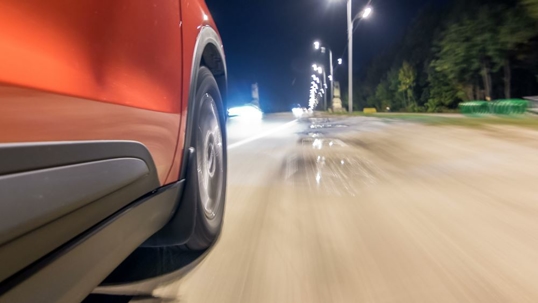Occasionally, officers charge a person with reckless driving because the person has consumed some alcohol prior to driving. For example, a prior client committed a simple traffic infraction and the officer smelled alcohol. The officer conducted a DUI investigation and the person provided a preliminary breath test sample below .08. While the officer determined all the facts and circumstances did not warrant the person being arrested for driving under the influence, the officer nonetheless charged the person with reckless driving generally (under Virginia Code 46.2-852) and noted “alcohol related” on the summons.
In defense of clients charged with reckless driving “alcohol-related” charges, we have prepared bench memorandums outlining the law that alcohol consumption does not equate to reckless driving. For instance, in the case of Thompson v. Commonwealth, 501 S.E.2d 438, the Virginia Court of Appeals noted “evidence of intoxication is a factor that might bear upon proof of dangerousness or reckless driving in a given case” though this “does not, of itself, prove reckless driving.” More importantly, the Court said, “One may be both drunk and reckless …[or] reckless though not drunk…[or] under the influence of intoxicants and yet drive carefully.” In the case ofHall v. Commonwealth, 25 Va. App. 352, Hall’s .17 BAC also did not give rise to an inference that Hall drove in a reckless manner where she was found in her vehicle “passed out” behind the wheel and the vehicle was situated in a travel lane of a roadway. The Court of Appeals reversed Hall’s reckless driving conviction because there was insufficient evidence of her driving recklessly (although she might have been driving under the influence).
The end result of these cases is that if the driving itself is not reckless, then a reckless driving charge is not proper no matter how much alcohol the person may have consumed. Furthermore there is no code section “reckless driving – alcohol related.” However, it should be determined whether the officer was doing a conscious favor to the defendant in charging the person with reckless driving rather than making a DUI arrest. Each case needs to be evaluated individually to determine whether there is a legitimate defense against such charges and whether such a defense should be exercised.

